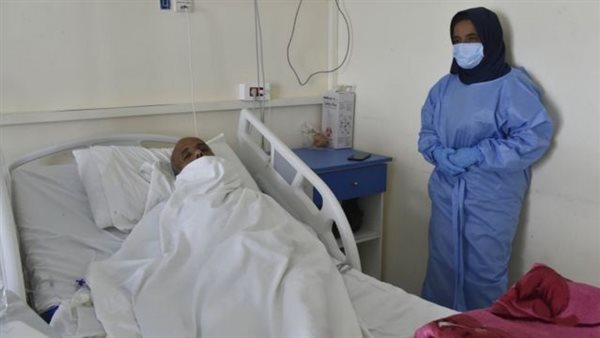Fear and dismay fill all the streets of the Lebanese capital, “Beirut”, starting from the Ministry of Health in Lebanon in early October, the registration of the first cholera injury in the country since 1993 in Akkar Rural Governorate.
As a result, a crisis cell was established with experts and professionals in how to handle cholera outbreaks and keep track of daily changes.
The World Health Organization’s monitoring revealed that more than 1,400 suspects had been identified nationwide, along with 381 verified injuries and 17 fatalities, according to reports in the Lebanese media about the disease outbreak.
In a related incident, as soon as the first case of cholera was reported, the World Health Organization gave Beirut its entire attention.
Global Health claimed in a statement that “the fascism was initially contained to the northern provinces, but it gradually expanded.
The World Health Organization was compelled by this regrettable circumstance to assist Lebanon in obtaining 600,000 doses of the cholera vaccine.
The Health Organization acknowledged that “owing to the rapid development of the pandemic,” it is working to supply extra dosages.
In the 26 nations that reported the existence of injury cases, the World Health Organization has attempted to assess the risk of epidemic spread.
The organization was able to expect that Syria was the one who infiltrated and published cholera inside Lebanon, and for other reasons, including the lack of drinking water in the Republic of Rice and the fragile and limited health system in Lebanon, in addition to the semi -open movement between Lebanon and Syria.
Regarding cholera, it is caused by a germ that can be spread from person to person through contaminated hands, tainted food, or contaminated water.
Abundant water diarrhoea is one of the symptoms, which can develop into complications that, if left untreated, can cause dehydration and even death.
The cholera period lasts for 2 to 6 days, and the patient is given antibiotics in addition to leaking venous fluids to replenish lost alkalinity and treat the concomitant vomiting and cholera symptoms.
According to “Global Health,” Lebanon is experiencing cholera for the first time in decades.

